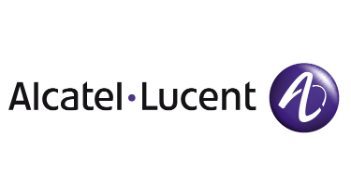Alcatel-Lucent (ALU) stock is up this morning on renewed rumors that Nokia wants to combine forces in order to take on market leader Ericsson. Nokia has a new CEO, a fresh focus on its NSN infrastructure business, and more than $7 billion in cash after closing the sale of its device unit to Microsoft.
One trader in The Netherlands told Reuters that the word on the street is that Nokia’s bid will exceed 4 Euros per share, but he added “We’ve heard that before.” Alcatel-Lucent’s current market capitalization exceeds $11 billion, so Nokia could not fund the entire purchase with its device unit proceeds.
Nokia named Rajeev Suri as CEO when former CEO Stephen Elop went to Microsoft along with the device unit. While Elop was a former Microsoft employee whom some said was interested all along in selling part of Nokia, Suri is a longtime Nokia executive who has said that he is interested in growing the business through acquisitions. Following his appointment as CEO, Suri told Bloomberg that he would look at “small” acquisitions to fill in gaps in Nokia’s product line.
Alcatel-Lucent would certainly not be a small acquisition; instead it would create a giant in the wireless infrastructure business. Both Alctel-Lucent and Nokia’s NSN have been pioneers in virtualizing wireless networks, which is increasingly important to carriers as they look to minimize capital expenditures and maximize future flexibility. NSN has focused on its Liquid Core solution, and Alcatel-Lucent’s Nuage Netowrks has conducted 30 successful NFV trials.
Follow me on Twitter.

Nokia interest in Alcatel-Lucent seems real to Wall Street
ABOUT AUTHOR
